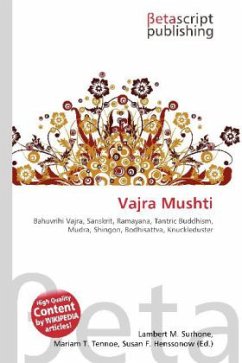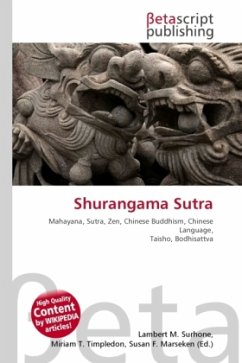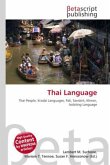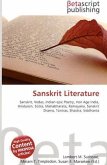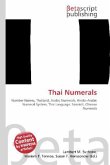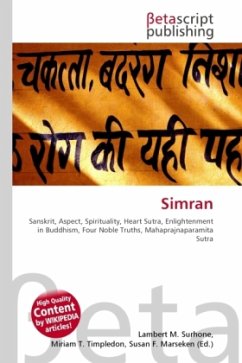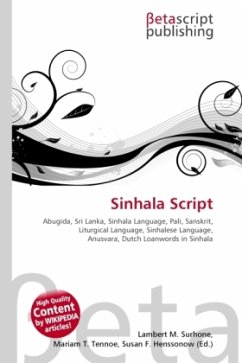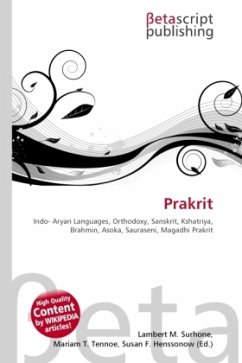Please note that the content of this book primarily consists of articles available from Wikipedia or other free sources online. Vajra-mushti is a Sanskrit bahuvrihi compound translating to "one who is grasping a thunderbolt" or "one whose clenched fist is like a diamond". It is a name of Indra mentinoed in the Ramayana epic.In Tantric Buddhism Vajramusti is the name of a specific mudra (hand gesture). In Shingon Buddhism, it is also the name of a specific Bodhisattva mentioned in the Vajrasekhara Sutra.In the Malla Purana, it is synonym of Bhukhandi, a cestus or knuckleduster-like weapon used by a class of wrestlers known as Jye mallas.Terence Dukes in The Boddhisattva Warriors (2000) claims that vajramu i was also a term for an ancient Indian martial art of the kshatriya caste that was transferred to China along with the silk road transmission of Buddhism during the early centuries CE, contributing to the origins of Chinese martial arts.
